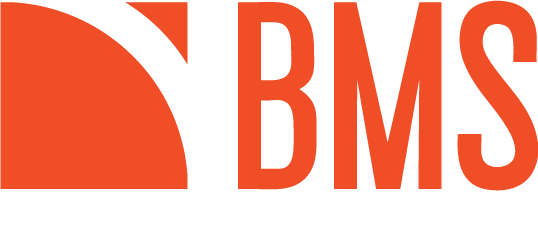As business owners and recruiting managers, selecting the right candidates for our companies is crucial. Here are some key essentials to keep in mind:
- Candidate-Centric Interviews (80% Focus):
- What does the 80% stand for? It represents the emphasis we should place on understanding the candidate. Make the interview process primarily about them—what they want from the new job, their life, and their career aspirations.
- Where do they see themselves in 5 years? This question aligns with our job/company prospects. It helps us assess whether their goals match our organization’s trajectory.
- References Matter:
- Ask for references early: Don’t delay this step. Reach out to referees personally to gain insights beyond what’s on paper. It’s a critical task that shouldn’t be delegated.
- Deep Dive into Profiles:
- Analyze CVs and Social Media Profiles: Go beyond skimming. Understand their experiences, skills, and achievements. Look for relevance to the job at hand.
- Avoid Repetition: Rather than asking candidates to repeat their past, focus on tallying relevant activities, projects, and skills.
- Interactive Interviews:
- Working Sessions: Treat interviews as collaborative working sessions. Imagine discussing ideas with a team member.
- Brainstorming: Consider a brainstorming session. It provides insight into the candidate’s thought process and offers fresh perspectives.
- Your 10% Contribution:
- Clear Communication: Go the extra mile to communicate your expectations for the role. Link these expectations to the company’s preferred working style.
- Job Titles Matter: Reflect on the impact and meaning of the job title. Ensure it resonates with your target audience.
- The remaining 10%: Add a standardized assessment to your screening data. The reliability of interviews as the sole selection tool is notoriously low; despite this has been proven over and over – most companies rely solely on interviews to make their selection decisions. Consider adding a mental ability test (IQ test) and a Personality Test ( e.g. the 5 Factor Model of Personality) They outrank by far interviews when it comes to predicting future success in any job. As a minimum add a standardized behavior questionnaire to your toolbox before making a hiring decision.
“The Right Candidate Might Be Expensive
The Wrong One Costs A FORTUNE”
You can connect with Jos : https://bmsrecruitment.co.th
#selection #recruitment #decision-making #tools




